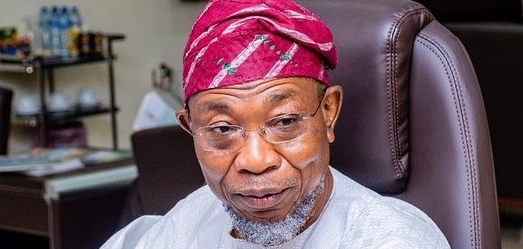After delivering unconvincing polls earlier in February and March this year, Nigeria’s electoral body, the Independent National Electoral Commission (INEC), has been advised to integrate voters’ registers with the National Identification Number (NIN) database in order to maintain the integrity and transparency of the country’s elections.
This advice was given by former Interior Minister Rauf Aregbesola.
According to Aregbesola, the era of underage voting and numerous registrations will come to an end with the initiative.
Aregbesola made the remarks on Tuesday while presenting the lead paper, “Towards Free, Fair, and Credible Elections,” at the 7th International Conference of the Professional Statisticians Society of Nigeria (PSSN) at Nasarawa State University, Keffi.
“I am suggesting a more seamless registration system that will be continuous and terminate only a few weeks before the election, to allow for compilation and printing of cards. This registration should be synced with the National Identification Number (NIN).
“It will automatically eliminate underage voters and the possibility of multiple registrations. More importantly, people should be able to do the registration online, on their own, just like most application processes we have today. They should only go to the INEC office for biometric data capture and card collection only.
“The second factor in the electoral process is the delineation of voting constituencies and polling units. This should be population-based. There is also always chaos on election day as voters will be running helter-skelter, trying to find their polling units. There should be a system of notification or personal checks to avoid this confusion,” he advised.
The former Governor of Osun State also advised INEC to train political parties on the precise roles they will play in elections, as well as to ensure the smooth and seamless distribution of electoral materials.
Heritage Times HT reports that Nigeria has struggled with the challenge of fixing its National Identity issues.
In the US, even though the government does not issue official national identification cards, several government-issued documents serve similar functions. In most states, if not all, a driver’s license serves as a government-issued identification card when making commercial transactions or voting.



































